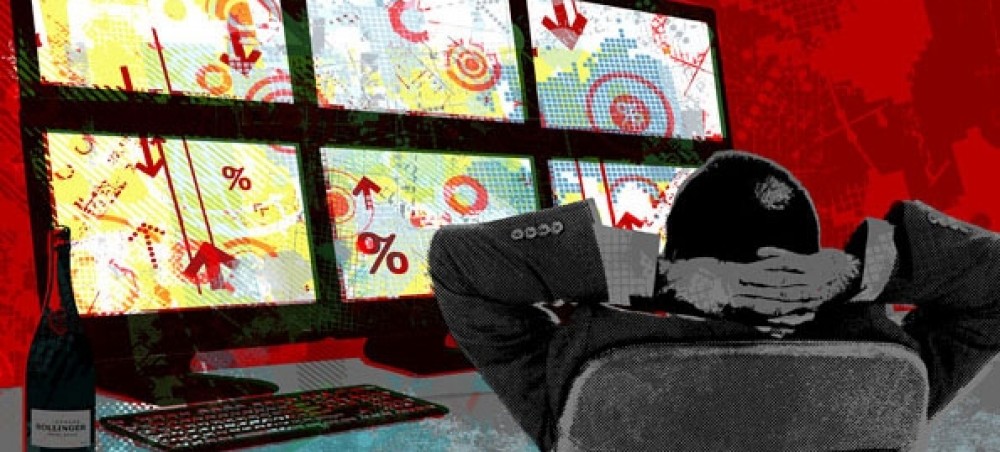The troubles of transporting food to Canada’s North.
The transportation and logistics of fresh produce is always a tricky business. This difficulty is amplified in many developing nations, where governments and organizations struggle to distribute reasonably priced, quality crops to consumers without the proper infrastructure for their delivery. Surprisingly, similar problems exist right here, in Canada.

A typical sight at a grocery store in Nunavut ($11.35) http://www.facebookstories.com/stories/1579/iqaluit-nunavut-a-northern-diet
With no railway or highways serving much of the territories, grocery chains are forced to rely on planes to deliver goods, daily. On account of this, prices are driven to ridiculous ranges, a head of cabbage for $28 or a four-litre jug of milk for $8.
These figures mean that residents of Canada’s North are finding it increasingly difficult to put food on their tables. 56% of Inuit families face a degree of food insecurity.

Most grocery has to be flown in to Nunavut daily. http://www.nunatsiaqonline.ca/stories/article/98789_first_air_expands_atr_service_into_kivalliq/
Although the government already provides food subsidies for the people of these territories through Nutrition North Canada, this is clearly not enough to ensure affordable prices. To make transportation faster and cheaper, it is imperative the government invest in better infrastructure in the area, increase subsidies, and encourage greater competition. Through these methods, the government can secure the sustainability of Northern life, thus preserving both Inuit culture and Canada’s threatened sovereignty in the region.
Spark: Professor Mahesh Nagarajan‘s lecture on Transportation and Logistics, and Who, What, Why: Why does a cabbage cost $28 in Canada?
Thank you Vinotha for your thoughtful response!






